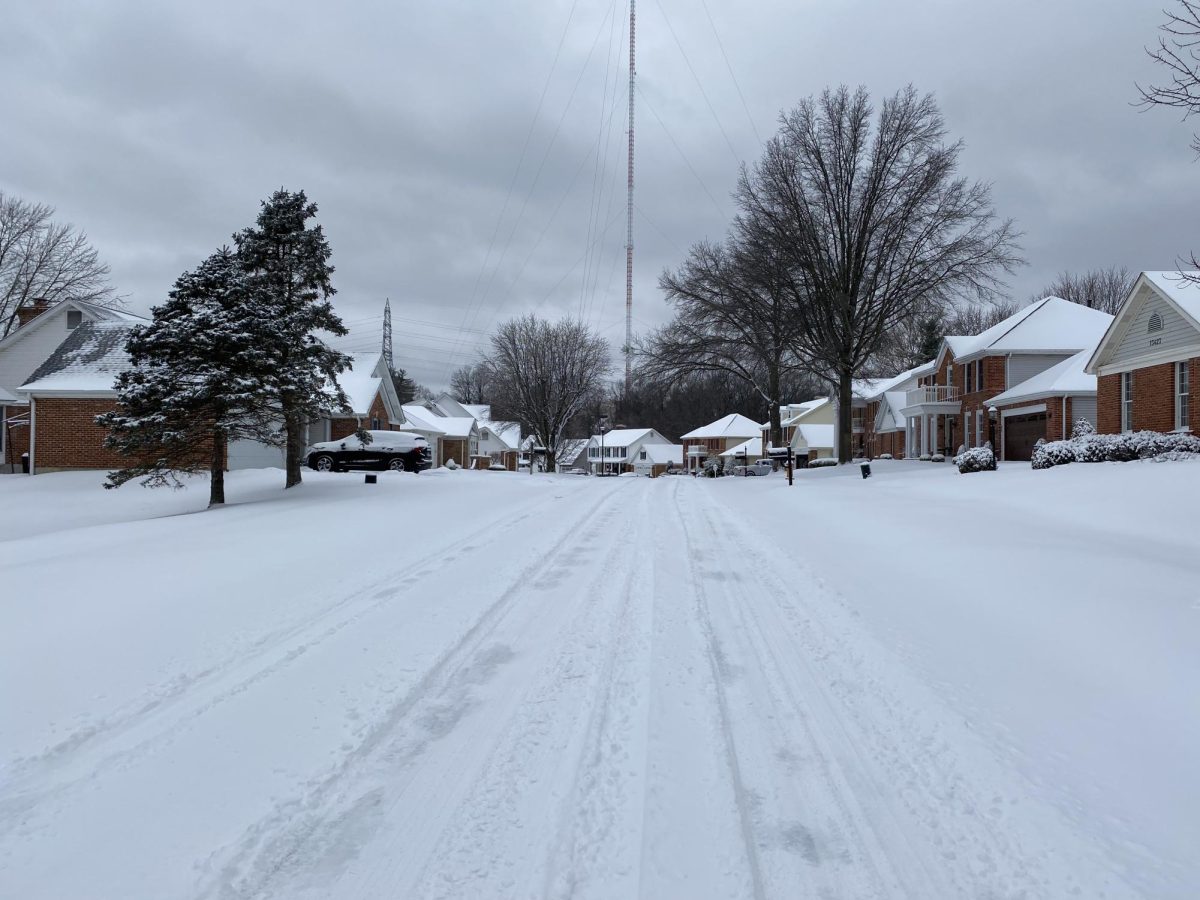Fred Weber Inc. last week appealed an appellate court’s decision to dismiss a $5 million libel and defamation lawsuit against Oakville resident Tom Diehl.
The motion calls for a rehearing with the Eastern District of the Missouri Court of Appeals. If the appellate court refuses, the request goes to the Missouri Supreme Court.
Fred Weber sued Diehl in February 2004 for libel, slander, defamation and business conspiracy for his association with fliers calling the company “trash terrorists.” The company sought $5 million and at least $25,000 in actual damages.
Diehl’s attorneys label the case Strategic Litigation Against Public Participation, or a SLAPP suit.
A three-judge appellate court panel earlier this month threw out Weber’s case, calling the statement “trash terrorist” a matter of opinion, not a false statement of fact. Fred Weber attorneys falsely tried to isolate the term “terrorists” to prove Diehl inappropriately and inaccurately implied the company murdered innocent people, the appellate opinion stated.
“The panel’s opinion narrowed and misconstrued the petition to allege that only the word ‘terrorists’ was at issue,” Weber’s motion to appeal stated. “Weber did not isolate the phrase ‘terrorists.’ Rather, Weber asserted that the entire phrase is very precise and was meant as a factual assertion striking at Weber’s business reputation rather than as opposition to a particular project …
“Further, the phrase ‘trash terrorists’ is quite precise because it falsely claims that Weber, which is in the landfill and trash business, operates them illegally or unethically and harms children, devalues neighborhoods, pollutes the environment and spreads disease with a political agenda and aim,” the motion stated. “The flier attacks Weber’s reputation; it does not address the merits of the proposed trash-transfer station.”
An attorney supporting Diehl says Weber has flip flopped its position in a final attempt to save its case.
While Weber claims it wasn’t isolating the term ‘terrorists,’ “to the contrary, they were, and I think the court brought them down quite properly on it,” attorney Jerry Wamser told the Call.
Wamser has spearheaded efforts to raise a defense fund for Diehl.
“In effect, they’re twisting in the wind,” he said. “It’s been a bad day for bullies. They were trying to throw their weight around on false pretenses. Now they’re on the defensive.”
Last year, former Gov. Bob Holden signed legislation to protect comments made at government meetings and public hearings from SLAPP lawsuits.
Weber’s motions said the court inappropriately applied the statute retroactively to the Diehl case because the suit was filed before the legislation was approved.
“If allowed to stand, the court of appeals will open the floodgates to interlocutory appeals to re-examine existing law under the guise of legislation that will ‘guide’ the courts, even if that legislation is not yet effective,” the motion stated. “The panel’s opinion applied a statute retrospectively, in violation of the constitutional prohibition of retrospective and retroactive application of laws.”
While appellate judges recognized the SLAPP statute, Wamser said it did not dictate the court’s opinion.
“They know and they mentioned that the statute is not applicable,” Wamser said. “They were recognizing that the state Legislature is indicating it is highly desirable they get rid of these cases quickly.”
Weber’s motion also claims a jury must handle defamation cases, not a judge.
And because “the case presents questions of general interest and importance,” the Missouri Supreme Court should try the case if the appellate court refuses, the mo-tion states.
When contacted by the Call, a Weber attorney declined to elaborate on the company’s seeking an appeal of the suit’s dismissal.
“I don’t think we have anything to add beyond what we filed,” said attorney Gary Feder of Husch & Eppenberger.








